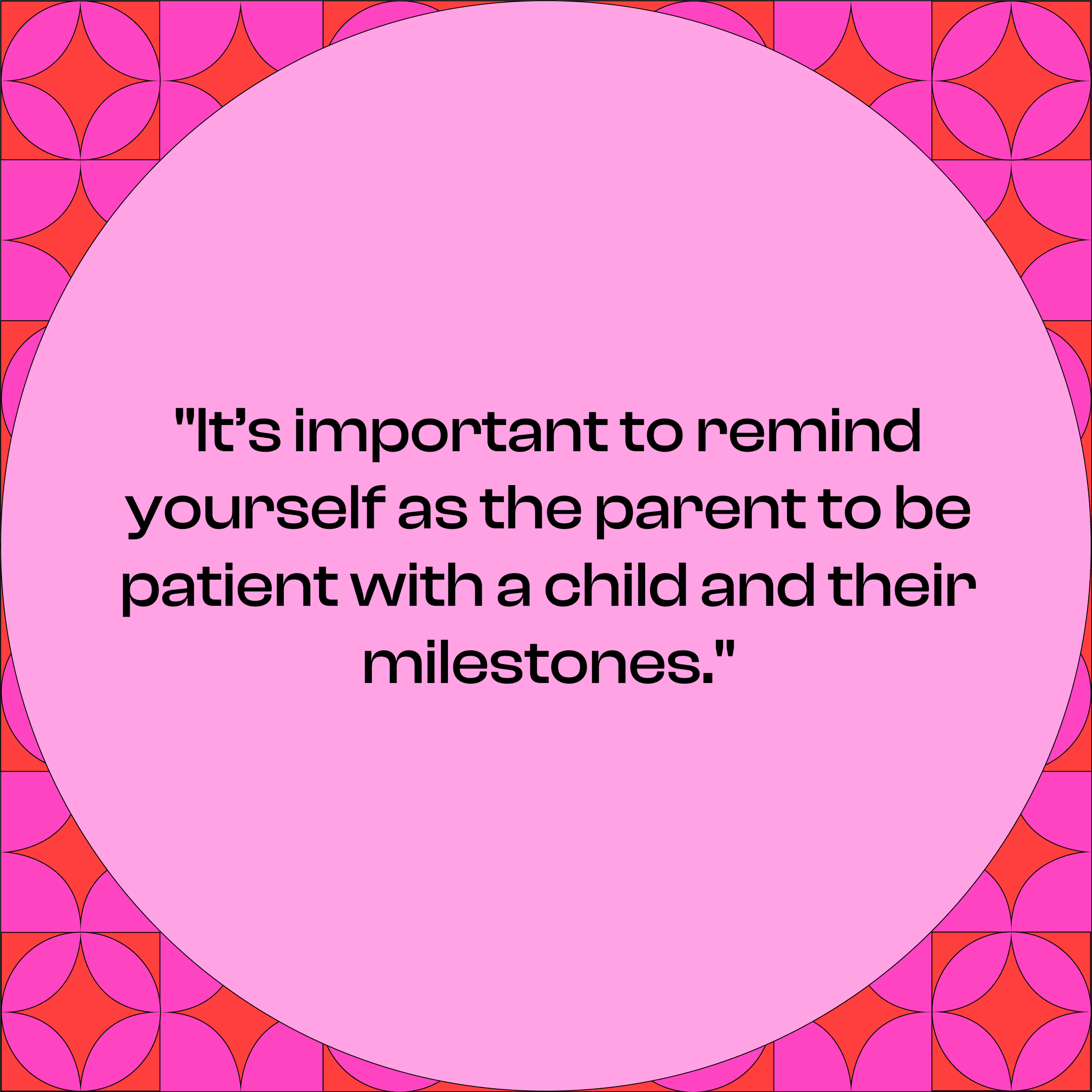
Sarah-Jane Crawford's Parenting Tips For Bedwetting
Why Sarah-Jane Crawford Wants to Remove the Stigma Around Bedwetting

Though you probably know Sarah-Jane Crawford as a broadcaster and presenter, there's another role she's equally proud of: mum to her two daughters, 2-year-old Summer and 10-month-old Bonnie. Crawford met her partner, Brian, in 2018 and welcomed both children by 2021, so she jumped right into parenting. Since becoming a mum, Crawford has made it her mission to campaign for more openness and honesty about the day-to-day reality of parenting — including often taboo subjects like bedwetting.
"We don't hear enough conversation about it," she says. "Maybe it's because there is an expectation that a child should be having dry nights by a certain age. But as we know with any human being, we are all different, and the stages when we reach milestones happen at different times."
Although Crawford's oldest daughter is just starting potty training, Crawford is already thinking about how she will approach bedwetting if and when it occurs. "Whatever happens, I will be there to offer her love, support, and guidance and make her feel as safe as possible," she says. "If a child is bedwetting, it's important to remember that it's not their fault and there are a number of reasons it could be happening. The first thing I would do would be to reassure them that everything is OK and that they are doing nothing wrong."

Even while her children are still in nappies, Crawford focuses on teaching them skills that will help them throughout different life stages. "One thing we do in our house at the moment is any time Summer announces that she's done a poo, we cheer," Crawford says, noting that normalising using the toilet has helped Summer communicate her needs very confidently. "We have been offering positive reinforcement to Summer when she proactively communicates and lets us know that something has happened as we feel it will encourage more dialogue on all awkward topics in the future," she explains.
While her daughter is learning to go to the toilet on her own, Crawford also tries to practice patience. Not everything is going to go perfectly smoothly — and that's OK. "It's important to remind yourself as the parent to be patient with a child and their milestones," she says.
Crawford is working hard to ensure her children feel safe and comfortable in all different environments, whether they're at home, on holiday, or staying with family members. "Let them know that whatever happens, especially when they're asleep, that you will be there to support them in the morning," she says. Crawford notes that this is especially important if your child is wetting the bed: sleepovers or family holidays become much more stressful for children if they're worried about waking up with wet sheets. To help break this stigma, Crawford recommends preparing for accidents with night-time protective underwear like Ninjamas Pyjama Pants.

"The beauty of Ninjamas Pyjama Pants is that it's not about trying to stop bedwetting, as this may happen in its own time," she says. "They can help manage bedwetting, which can be both empowering and reassuring for parents and children. They have a 360-degree FormFit belt, so they wear like underwear and provide up to 12 hours of leakage protection."
Crawford also uses a few other tried-and-true parenting methods to help her daughters develop a healthy daily routine — and hopefully mitigate the impact of bedwetting in the future. First and foremost, she aims to keep her daughters' bedtime routine consistent at least 80 percent of the time. Most nights, Crawford gives the girls a warm bath, lowers the lights, puts on soft music, and hopefully gets them to sleep by 8 p.m. "The other 20 percent of the time, when maybe things have run away with us and the routine goes haywire, I try not to beat myself up and allow us to have some chaotic days," she explains. "Having a child know what is happening each day and when it will happen is a really good foundation for positive progress in all areas, not just toilet training."
Crawford also tries to ensure her daughters are staying hydrated throughout the day and not drinking too much immediately before bedtime. She also suggests keeping an eye on a child's stress levels, as that could lead to an increase in bedwetting. If your child is wetting the bed, Crawford suggests reading up on bladder health to learn more about what may be going on. Both the NHS and ERIC, the children's bladder and bowel charity, have online resources that may be helpful for parents.
Of course, the best resource for parents is often their child's doctor. "If these interventions are not successful, or your child has started to wet the bed having previously been dry at night for more than six months, or you're concerned there may be an underlying medical problem, then you should speak to a healthcare professional right away," Crawford says.
Design: Marissa Dickson

